Tehran refutes US claim of pursuing ‘diplomacy’, calls for end to economic terrorism
Iran’s Foreign Ministry has dismissed US claims of seeking “diplomacy” while the new administration maintains the “economic war and terrorism” against the Iranian people.
“Diplomacy is a practical word and its meaning is completely clear,” ministry spokesman Saeed Khatibzadeh said in Tehran Monday.
He addressed recent remarks by US National Security Advisor Jake Sullivan, who said the Biden administration was in a “diplomatic process” with regard to Iran.
“You cannot say that you favor diplomacy while preventing the transfer of a country’s national funds to the country,” Khatibzadeh said, hinting at US objections to the release of Iran’s frozen funds, which amount to some $7 billion, from South Korean banks.
“You cannot say that you favor diplomacy while you continue the economic war and terrorism against the Iranian people and carrying on with such crime,” he said.
The former US administration’s “maximum pressure” policy against Iran has continued under President Joe Biden, who had vowed to rejoin the landmark Iran nuclear deal and scrap Donald Trump’s “failed” policy before the presidential election.
Trump abandoned the nuclear deal, officially known as the Joint Comprehensive Plan of Action (JCPOA) in 2018 and imposed the “harshest ever” sanctions on Iran, prompting Tehran to take “remedial actions” based on Article 36 of the JCPOA, including reduction of its nuclear obligations.
Biden has been so far faithful to Trump’s pressure campaign, and pressed Tehran to walk back its remedial steps while he is keeping the illegal sanctions in place as leverage – a path already taken and proven to lead nowhere by Trump.
Last week, US Secretary of State Antony Blinken suggested that the US will oppose the release of Iran’s frozen funds from South Korea until Tehran reverses its remedial actions and fully honors the JCPOA.
“If Iran comes back into compliance with its obligations under the nuclear agreement, we would do the same thing,” Blinken told the House Foreign Affairs Committee on Wednesday when asked about Iran’s frozen funds in South Korea.
Sullivan claimed on Friday that diplomacy with Iran was ongoing but just “not in a direct fashion at the moment.”
He claimed that there were communications between Tehran and Washington through the Europeans and others that “enable us to explain to the Iranians what our position is, with respect to the compliance-for-compliance approach, and to hear what their position is.”
“We do not talk with the US, either directly or indirectly, on any issue,” Khatibzadeh responded to Sullivan’s remarks. “The path of diplomacy is completely clear,” he reiterated.
The spokesman asserted that it was the US that unilaterally pulled out of the JCPOA, and therefore, it is the US that needs to take effective measures in order to lift the sanctions.
The US "must also accept conditions preventing it from repeating the same path,” he said. “Only then, it will be possible to speak within the framework of the JCPOA.”
Tehran advises IAEA to speak technically
Asked to comment on recent remarks by the head of the International Atomic Energy Agency (IAEA) about the alleged military uses of Iran’s uranium enrichment levels, Khatibzadeh advised the IAEA to only speak – as a technical nuclear agency – about the technical aspects of Iran’s nuclear program.
“My advice to the agency is that as a technical body, it should only comment within the technical framework and maintain its neutrality,” he said.
IAEA Director-General Rafael Grossi said on Friday that Iran’s production of uranium at higher levels of enrichment “brings Iran closer to levels for which the development of military uses could not be excluded.”
As part of its remedial measures and in accordance with a law passed by Iranian lawmakers in December, Tehran has started to enrich uranium to 20% concentration. It has also suspended its voluntary implementation of the Additional Protocol, which brought Grossi to Tehran last month, and during which Iran and the IAEA reached a technical understanding to keep windows of cooperation open.
However, Grossi told Nikkei Asia that Iran’s suspension of its nuclear obligations was “an extraordinary situation.”
“It is clear that you need a very robust inspection presence, if you want to have credible assurances that there are no military deviations,” he added.
Khatibzadeh said Iran has given necessary access to IAEA inspectors under the Safeguards Agreement, advising the IAEA to remain neutral in order to retain good relations between Iran and the UN nuclear agency.
Israel to blame for attack on Iranian cargo ship
Elsewhere in his press conference, Khatibzadeh blamed Israel for an attack against an Iranian cargo ship in the Mediterranean Sea.
“The spokesman of the General Staff [of the Armed Forces] should comment on this issue, but the location of the sabotage operation points the finger of blame toward the occupying regime of al-Quds,” he said.
The Islamic Republic of Iran Shipping Line (IRISL) said on Friday that one of its cargo ships was damaged after it was targeted by a terrorist attack en route to Europe in the Mediterranean Sea earlier this week.
IRISL spokesman Ali Ghiasi told Nour News that an explosive had hit the container ship — identified as Shahr-e Kord — as it was traveling in the high seas on Wednesday.
Khatibzadeh said the aggressive behavior of the Israeli regime reinforces the assumption that it was behind the attack.
Whenever the region goes toward peace, the spokesman continued, the Israeli regime creates unrest because it needs crisis and chaos to survive.
“If any party is found to be involved in this sabotage operation, the Islamic Republic of Iran will consider all options, and will use all options to defend its inalienable rights,” he added.
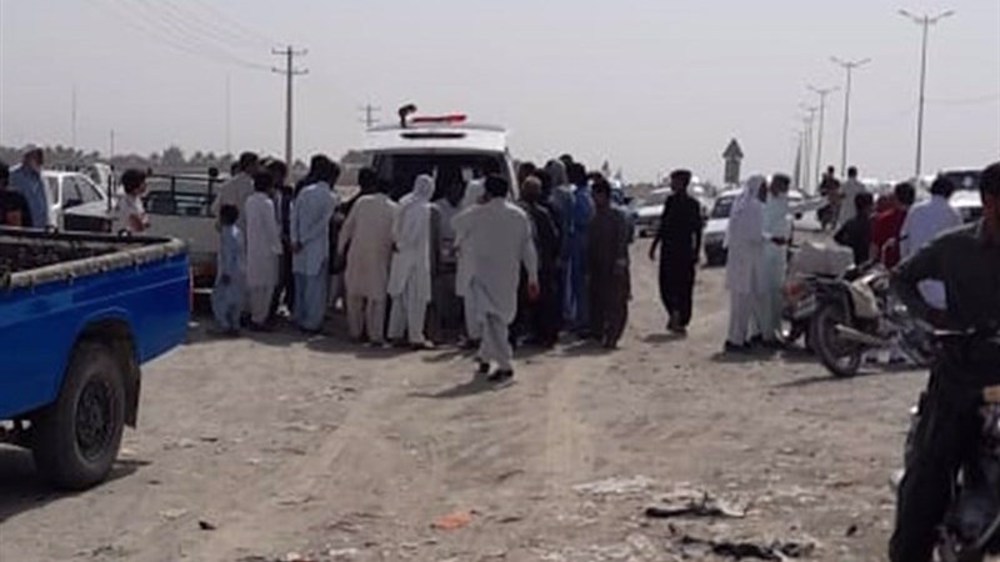
Two Basij forces killed in terrorist attack in southeastern Iran
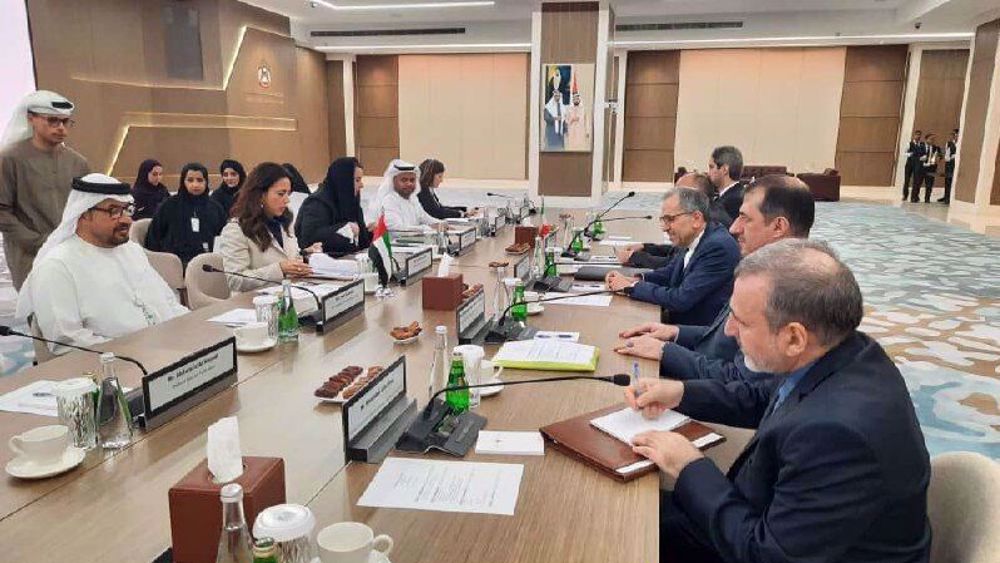
Iran ready to strengthen ties with UAE based on ‘mutual interests’: Deputy FM
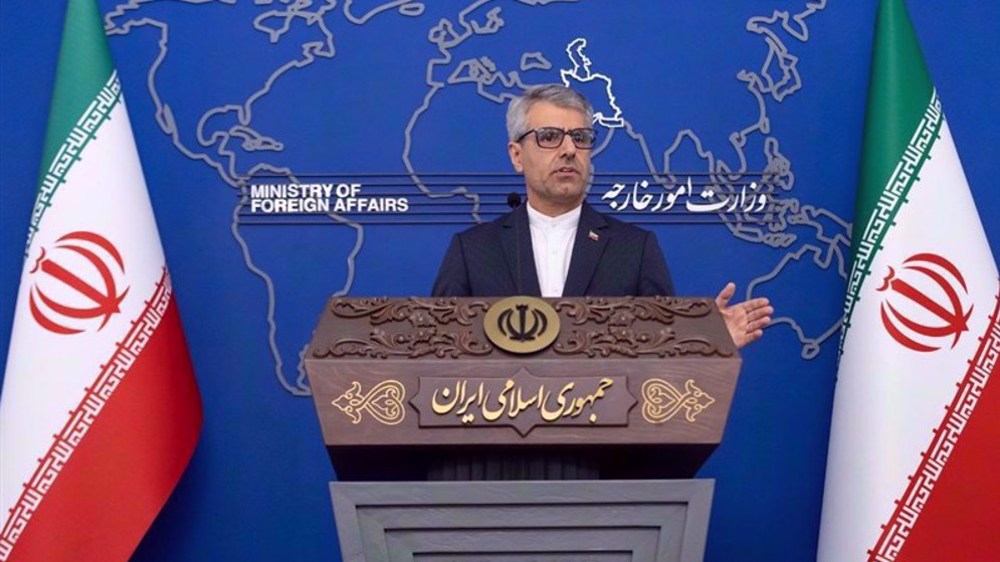
Iran remains steadfast in its ‘principled positions,’ says Foreign Ministry
Iran releases 1st video of Israeli-linked ship seized last April
Israel threatens to attack city near Syria’s capital
We won’t let Netanyahu sacrifice captives: Families
Egypt reaffirms ‘unwavering support’ for Palestinian cause ahead of emergency Arab Summit
VIDEO | Press TV's news headlines
Iran to keep current subsidized exchange rate in next year's budget
Iran will change military tactics, techniques based on threats: Top Cmdr.
Israeli bulldozers demolish homes in West Bank; Hamas urges UN to stop 'war crimes'





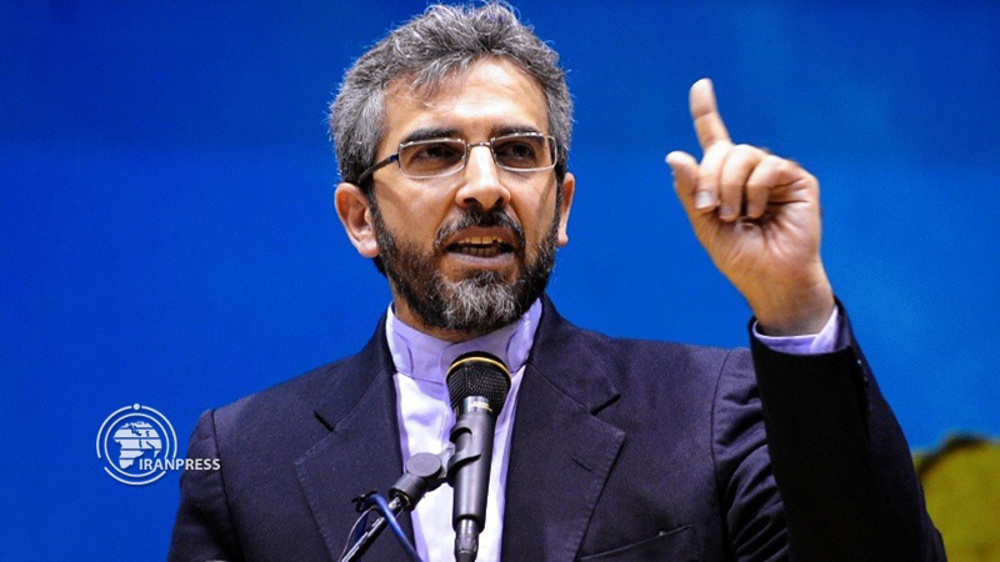
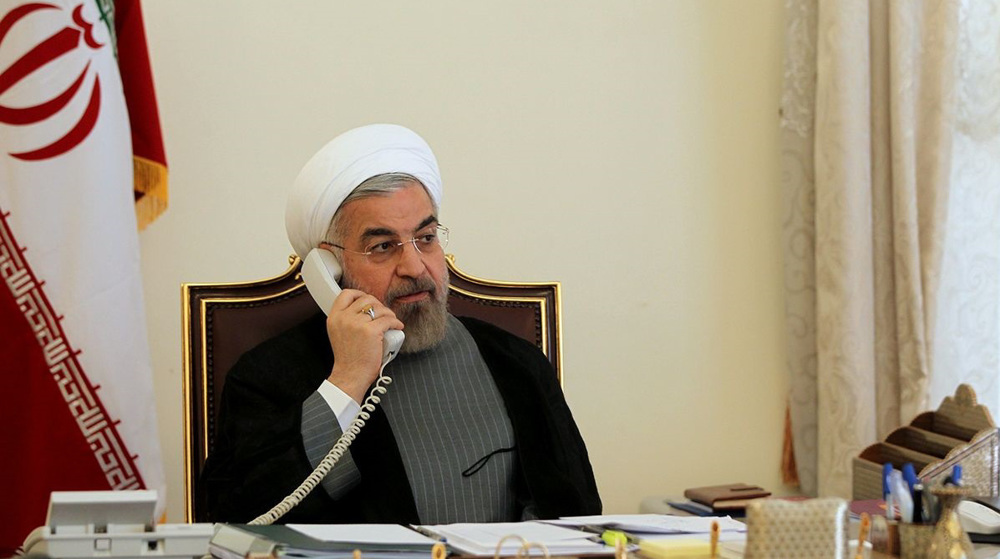
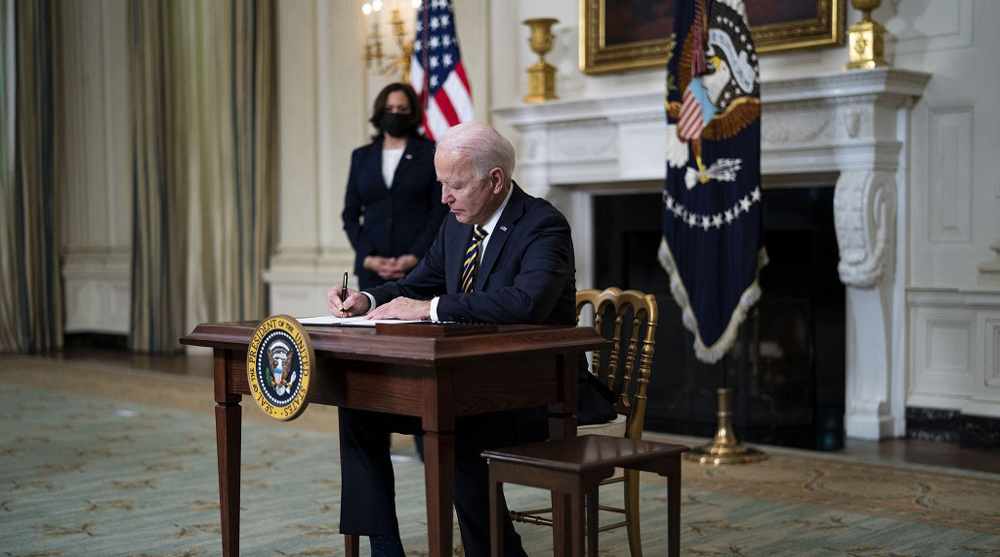
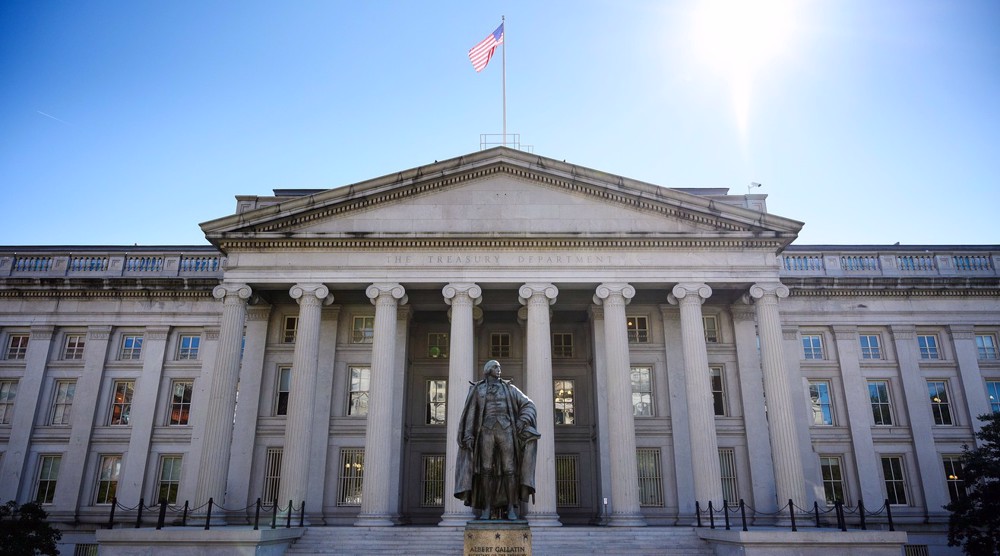
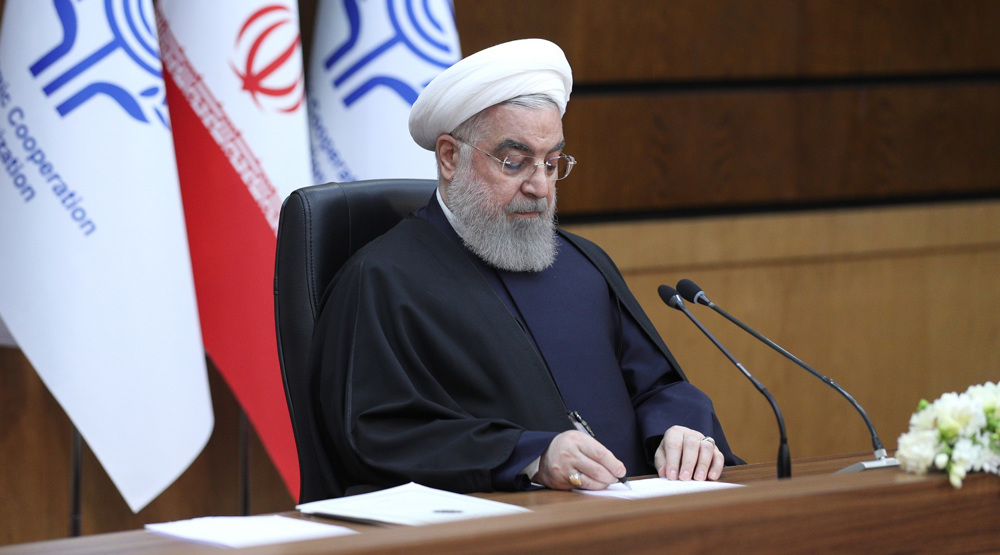
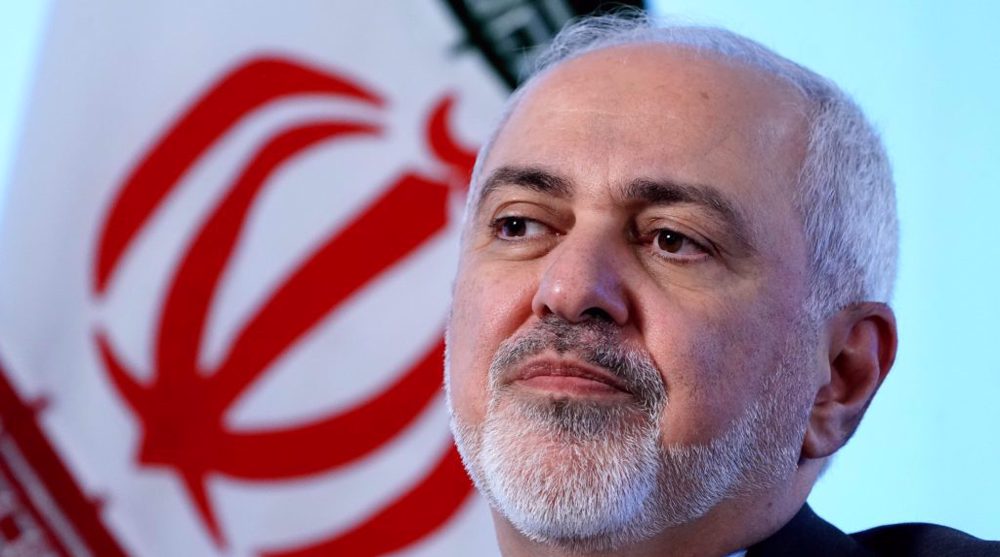
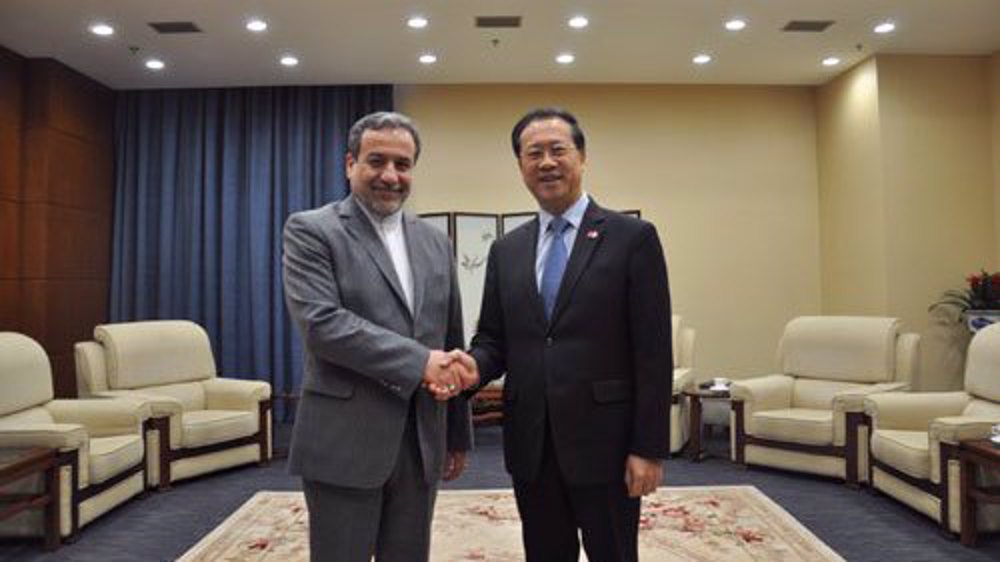

 This makes it easy to access the Press TV website
This makes it easy to access the Press TV website